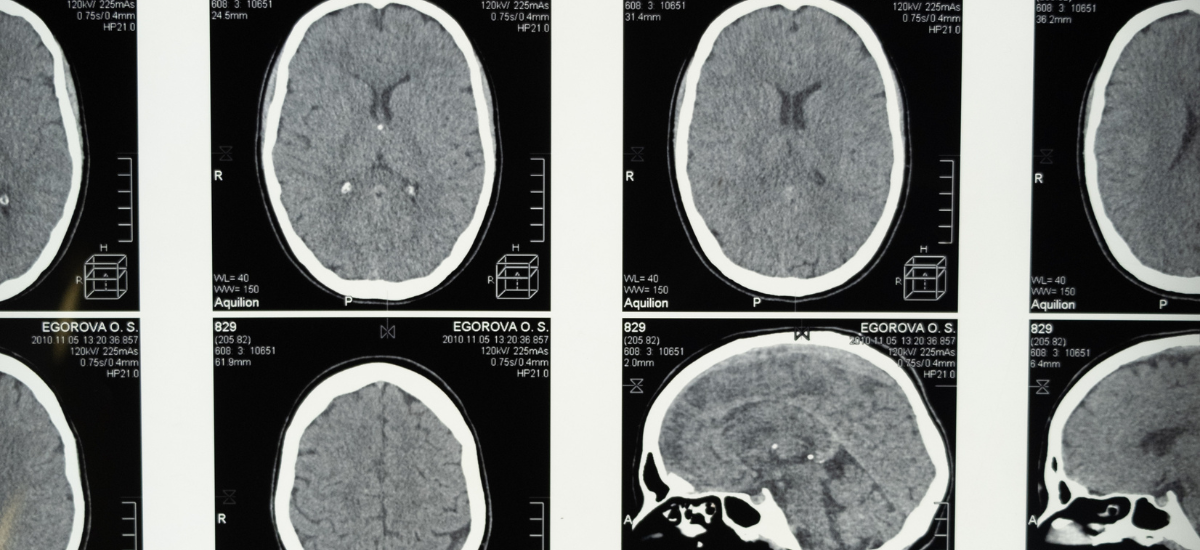An injury to the brain can lead to increased lifetime risk of disease and disability.
Traumatic brain injury (TBI) is a leading cause of death and disability in the US. The Centers for Disease Control and Prevention (CDC) reports approximately 64,000 people died of causes related to brain injury in 2020. Non-traumatic disabling injury can occur in surgical settings, either due to a direct insult to the brain or as a result of oxygen deprivation during surgery. Traumatic brain injury occurs as a result of an accident that causes blunt trauma or penetration of the skull.
Two recent studies suggest patients who suffer TBI have an increased risk of multi-organ dysfunction. In a study published in JAMA Network Open, researchers followed outcomes of 4,351 patients who suffered mild or moderate-severe TBI for a decade. The study suggests that these patients are at a higher risk of developing coronary artery disease, hypertension, and neuropsychiatric conditions, among other co-morbidities.
Another recent study published in Neurology Today explored a possible connection between TBI and the onset of epilepsy or seizures in patients over 45 years of age. The study evaluated the medical records of approximately 9,000 patients over the span of 30 years who had suffered a head injury.
Lead researcher Dr. Andrea Schneider with Penn Medicine said, “Head injury is also a risk factor for acquired epilepsy, but the degree to which prior head injury may contribute to [late-onset epilepsy] is less well understood. Traumatic brain injury (TBI) affects an estimated 2.8 million persons in the United States every year, with the highest incidence occurring among individuals aged 65 years and older.”
Concussion on the sports field or brain injury in the surgical suite can lead to a lifetime of neurological or physical deficits. While the immediate danger of brain injury is apparent, less understood are the impacts to a patient 20 or more years beyond the initial injury.
For injuries caused by medical malpractice or other negligence, these studies point to a need to understand the long-term likelihood of disease or dysfunction of the entire body—including permanent trauma to the brain when pursuing a claim for medical mistake.
When you are injured by medical malpractice, speak with an experienced injury attorney at our firm.
If you are injured by medical negligence, reach out to our award-winning legal team in Baltimore, Maryland and Washington, DC
Successfully handling complex medical malpractice claims since 1984, Schochor, Staton, Goldberg, and Cardea, P.A. delivers strong legal representation to individuals and families injured through the negligence of others. Contact us today or call 410-234-1000 to schedule a free consultation to discuss your case.













